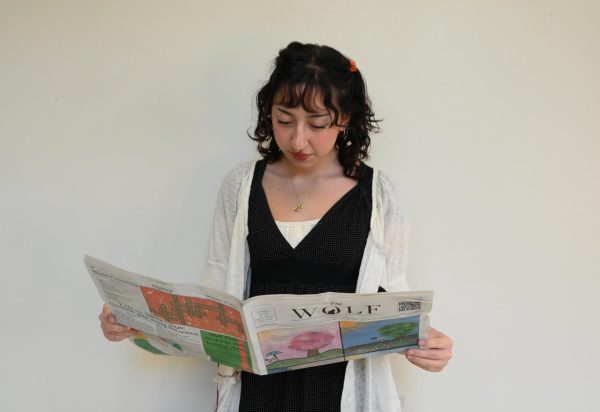Music has always been an expressive medium for artists, especially opinionated ones. This artform becomes a shared experience with listeners, then unifying groups who share ideals, sometimes without realizing it. Within both music and politics, a person must find their ground and seek a place where they find things that resonate with them.
The relationship between various types of music and politics has always been intertwined. Examples of this can be traced back to when music was first made, as it’s impossible to have one without the other.
After the Great Depression and the Vietnam War, counterculture was born. Within counterculture, there were women’s rights movements, civil rights movements and, of course, anti-materialism. At this time, individuals were searching for something to grant them the individualism that they so yearned for. This change in youths’ political views had an extremely influential effect on music, with new genres emerging, such as psychedelic and folk. As youth were trying to change old ways, the output of music at the time reflected this, such as the iconic album The Times They A Changin by Bob Dylan. This album dealt with themes of rapid change and acceptance, fitting the major innovations of the booming world.
I’ve known people who listen to music that features completely different political views, but is this harmful? In 2018, Kendrick Lamar won a Pulitzer Prize for his 2017 release titled DAMN. This album explores themes of inequality, good and evil and pieces of his upbringing. As this album became successful, audiences were reminded that it’s important to leave space for the artist’s intended meaning. It can be harmful to set the true message aside and to find your own meaning, because it can undermine issues the artist is trying to bring to our attention. It’s especially wrong when people who are truly against these values talk about how much they love music like this, as its artificial support completely devalues the change music could create.
From Buffy Sainte-Marie fighting against the injustices against indigenous people in Canada in the ‘60s-’80s to Taylor Swift using the sweet bubblegum lining of pop music to shed light on women’s issues, artists have always used their platform and art as a means to support human rights and do what they can to create change.

